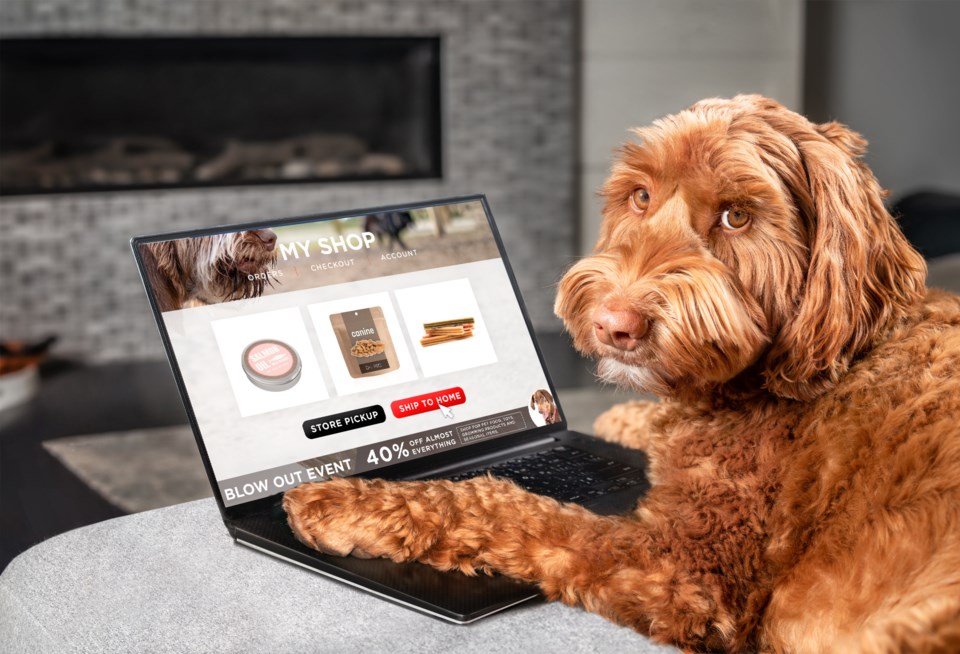As Canada heads into a "mild recession," Canadians continue to face high grocery prices, with some young people downsizing their homes to reduce their expenses.
Pet parents are no different in seeing high costs to house and feed their furry children. In fact, while two-thirds of pet parents budgeted for about $1,000 on upfront costs, a third found the actual total was higher than they thought it would be.
According to Rover's recent True Cost of Pet Parenthood report, the annual cost of pet essentials is "between $460 to $3,140 for dogs and $350 to $1,348 for cats, including food, supplies, medical expenses, and other ongoing costs."
The report, released Tuesday, used data from 720 Canadian pet parents with either dogs or cats.
This love is unconditional and priceless
Although taking care of a dog or cat can be expensive, 50 per cent of Canadian pet parents stated that no amount of money would be enough to give up their pets. Moreover, the report found that a strong majority of pet parents revealed that of everything they spend money on, their pets bring the most happiness.
One common stereotype about millennials might be their love of lattes. But even a morning latte isn't worth the amazing experience of giving up their pets.
Many pet parents have gone so far as to reduce their grocery bills to be able to provide food for their pets.
“I hear from pet parents nearly every day that inflation has had an impact on their wallets, with everything from pet food to treats and toys costing more than they used to,” said Dr. Rebecca Greenstein, veterinary medical advisor for Rover.
“People are undoubtedly cutting costs where they can in today’s economic environment, but interestingly enough, the trade downs and cuts largely don’t apply to the health of their pets. People are still prioritizing the well-being of their dogs and cats when it comes to spending.”



